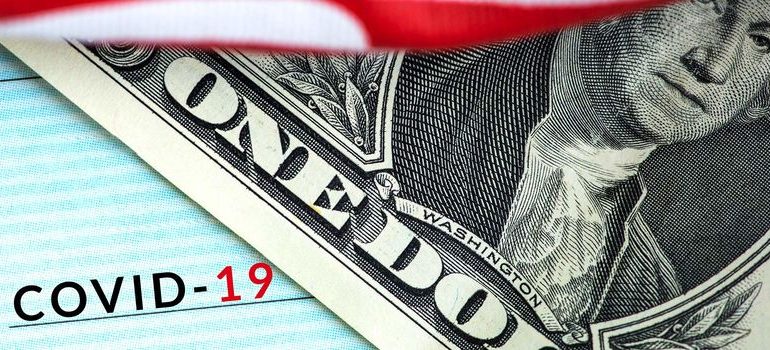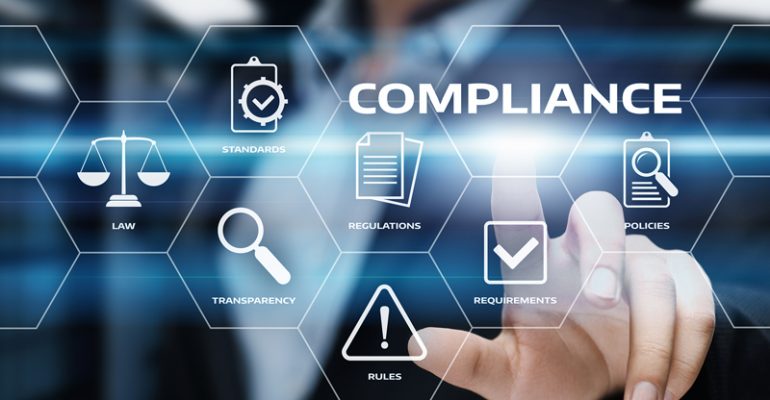On May 12, 2020, the Internal Revenue Service (IRS) released two notices providing relief for 2020 cafeteria plans and related benefit issues in light of the COVID-19 national emergency. Notice 2020-29 focuses on permissible mid-year election changes under § 125 of the Internal Revenue Code and Notice 2020-33 focuses on allowable carryover provisions for
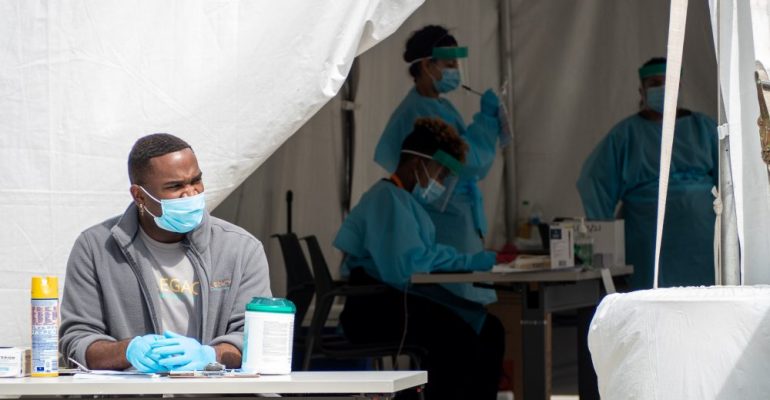
Can we screen employees returning to work for COVID-19?
Yes. Generally, inquiries about an employee’s health or a medical exam (like a temperature check) would not be allowed, but the Equal Employment Opportunity Commission (EEOC) has stated that screening employees for symptoms of COVID-19 is allowed since it is a direct threat to others in the workplace. Because of
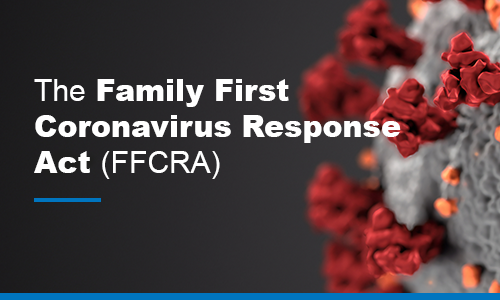
Families First Coronavirus Response Act
The Families First Coronavirus Response Act (FFCRA) was signed into law on March 18, 2020 and went into effect on April 1. The Department of Labor has provided additional guidance on the new law, which we strongly encourage employers to read. Summary For certain circumstances related to COVID-19, employees will be

National Long Term Care Awareness Month
National Long Term Care Awareness Month is an annual designation observed in November. Did you know that 70% of men and women over the age of 65 will need some kind of long-term care services? This kind of care can be very expensive, and can take a toll on the
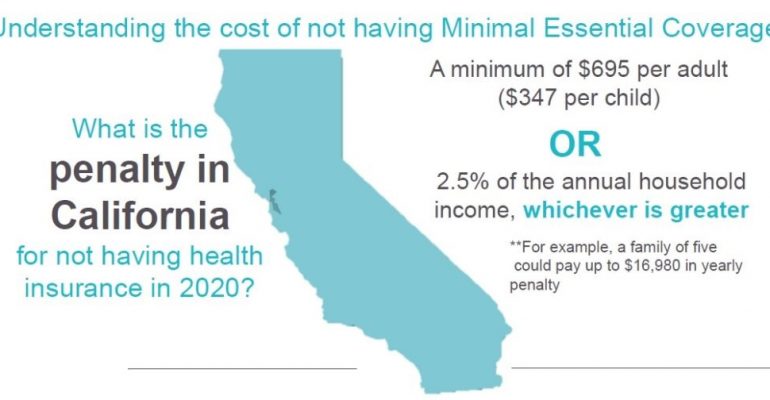
California Enacts Individual Mandate for 2020
On June 28, 2019, California Governor Gavin Newsom signed into law a state budget for 2019-2020 that establishes a state individual mandate, effective Jan. 1, 2020. This state-based individual mandate will require California residents to maintain acceptable health coverage or pay a penalty, beginning in 2020. This new mandate was

California Cleans up Sexual Harassment Training
On August 30, 2019, California Governor Gavin Newsom signed clean-up legislation (S.B. 778) clarifying the state’s sexual harassment prevention training and education law, particularly when mandatory training must be completed. The legislation was introduced February 26, 2019, and took immediate effect. Why a Clean-Up Bill? CA A.B. 1825, enacted in September
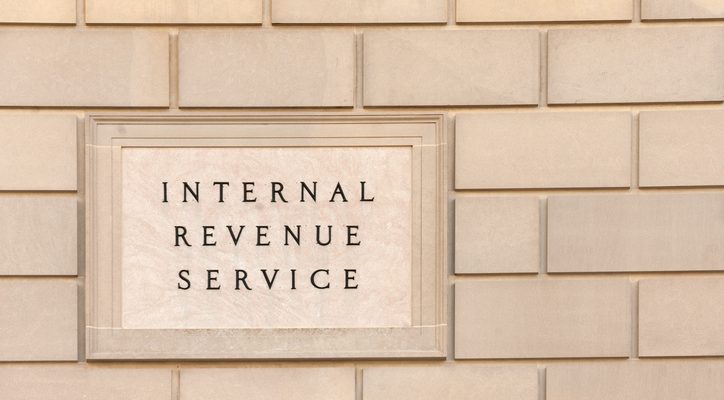
ACA Play or Pay: Affordability percentage for 2020
On July 22, 2019, the IRS announced that the affordability percentage under the Affordable Care Act’s play or pay rules will decrease to 9.78 percent for 2020 plan years. This is a decrease from 9.86 percent for 2019 plan years. By way of background, the ACA’s employer shared responsibility provision – often called the
Section 125 (Cafeteria Plans)
Section 125 Plans (Cafeteria Plans) Many employers struggle with the challenge of providing an attractive compensation package at an affordable price. One tool available to meet this challenge is the Section 125 plan. Section 125 plans are also commonly referred to as cafeteria plans. While there are different types of

EEOC to Require 2018 and 2017 Comp Data by Sept. 30
Employers, Start Hustling The Equal Employment Opportunity Commission (EEOC) says that it has decided to require employers to submit 2018 and 2017 compensation data with their EEO-1 Reports, which are due September 30. Here is the statement on the EEOC homepage: Notice of Immediate Reinstatement of Revised EEO-1: Pay Data Collection for Calendar
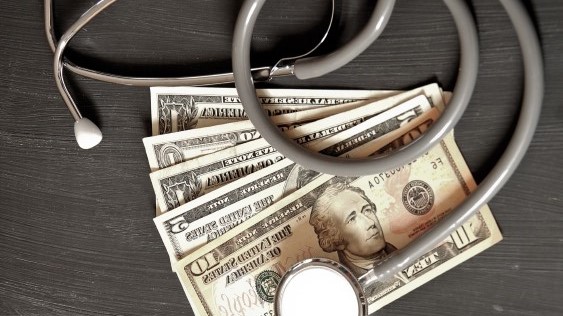
IRS announces two new types of HRAs coming on 2020
On June 13, 2019, the Departments of Labor, Health and Human Services, and the Treasury released an advance copy of a Final Rule on Health Reimbursement Arrangements (HRAs). It will be published in the Federal Register on June 20, 2019. The rule expands the types of HRAs that can be offered starting

